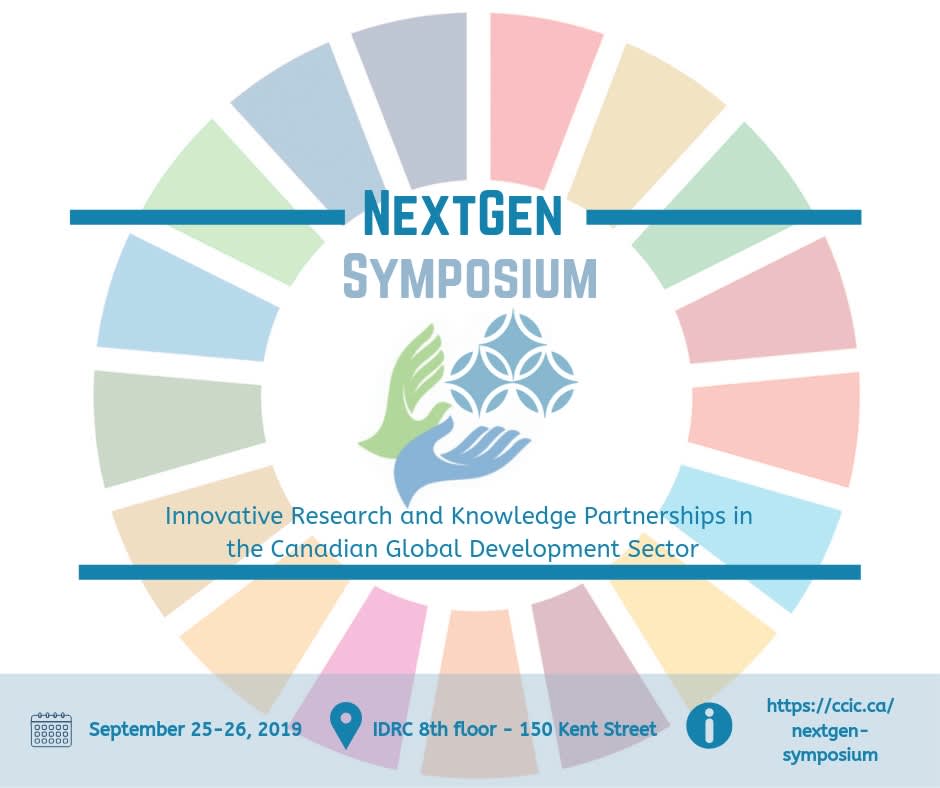“When embarking on a collaborative research project, reaching a shared understanding of project priorities, approaches, goals and motivations at the outset of the partnership can help ensure that the all partners’ needs and expectations are clear.”
The Next Generation program developed a new bilingual guide for fair and equitable research partnership.
While examining experiences of research partnerships between academics and civil society organization (CSO) practitioners in the Canadian context, the Next Generation research has uncovered challenging aspects of cross-sectoral research collaboration including tensions and misunderstandings in research partnerships between practitioners and academics. These tensions can be minimized if key issues are discussed at the outset of partnerships. The program supported the compilation of lessons and approaches to establishing a fair, mutually beneficial research processes. When embarking on a collaborative research project, reaching a shared understanding of project priorities, approaches, goals and motivations at the outset of the partnership can help ensure that the all partners’ needs and expectations are clear.
Why this guide?
- More formal partnership agreements between partners can help build lasting partnerships based on realistic expectations around commitments, roles and responsibilities.
- A partnership agreement also aims to ensure less powerful and less resourced partners receive fair and equitable benefits and decision-making power within a partnership arrangement.
- A research partnership agreement is a useful reference tool that delineates expectations around a common research goal.
- This guide for equitable research partnership could inform your MOU. MOUs formalize research collaborations and can include a clearly defined research protocol that outlines time commitments for practitioners and protects the independence of academic researchers. Moreover, MOUs can outline/include institutional support of the research collaboration beyond the relationship between individual researchers and practitioners, thereby contributing towards the project’s sustainability.
Using a co-construction approach, this guide was tested through participatory workshops with potential users. Stakeholders from universities, CSOs, funding agencies and community-based research networks in Canada provided inputs.
How to use this guide
This guide provides a checklist of considerations and questions designed to assist researchers and practitioners in developing a partnership agreement. The guide also allows you to add comments and notes as you go through the guide with your partners.
We hope this guide will be the starting point of many fruitful collaborations!
Download the guide here.


